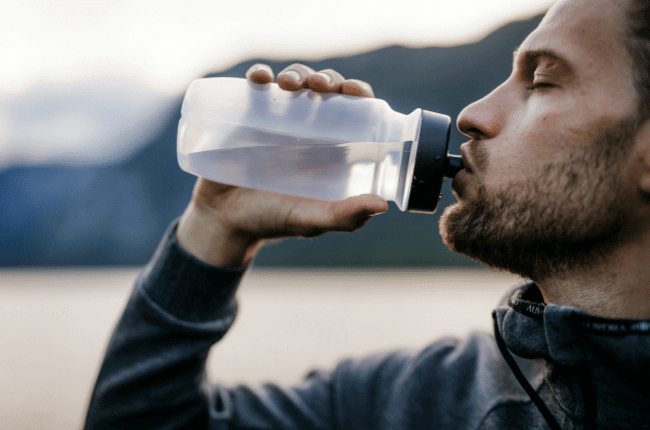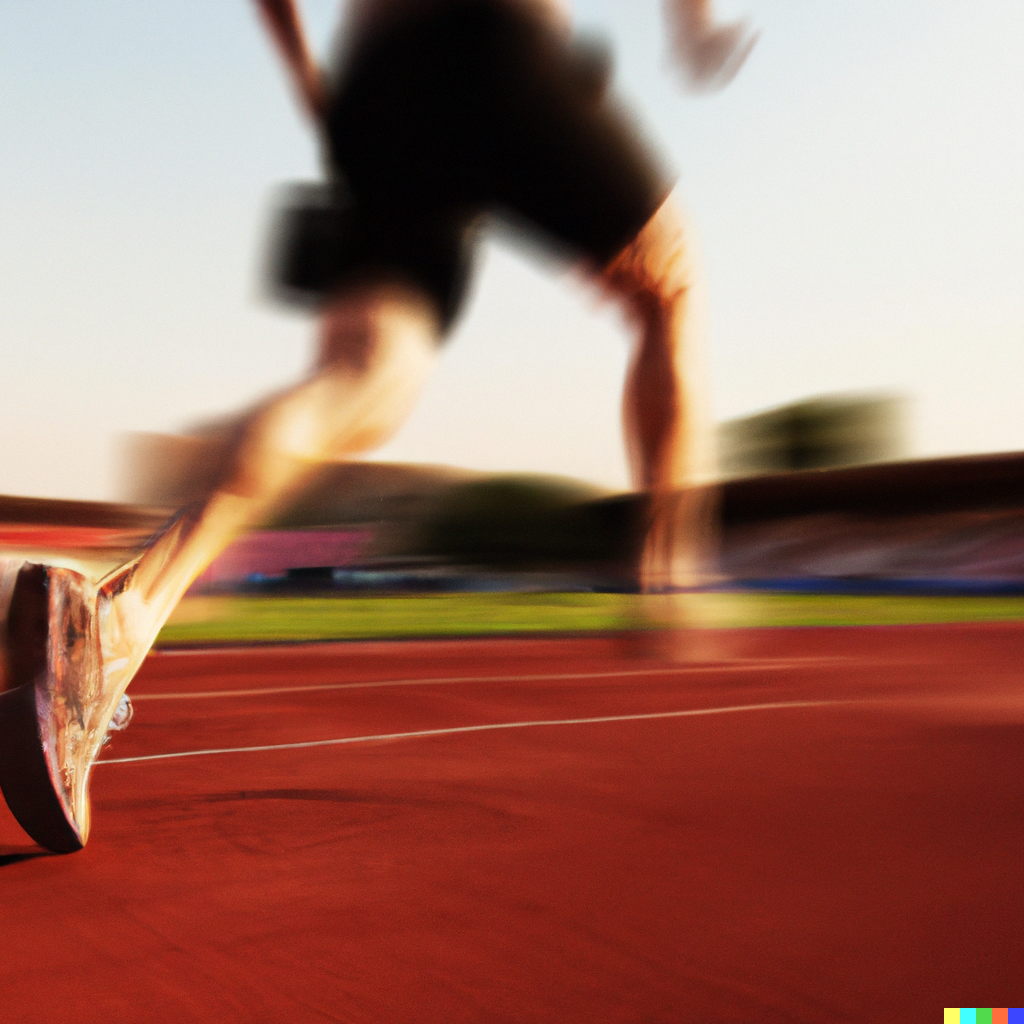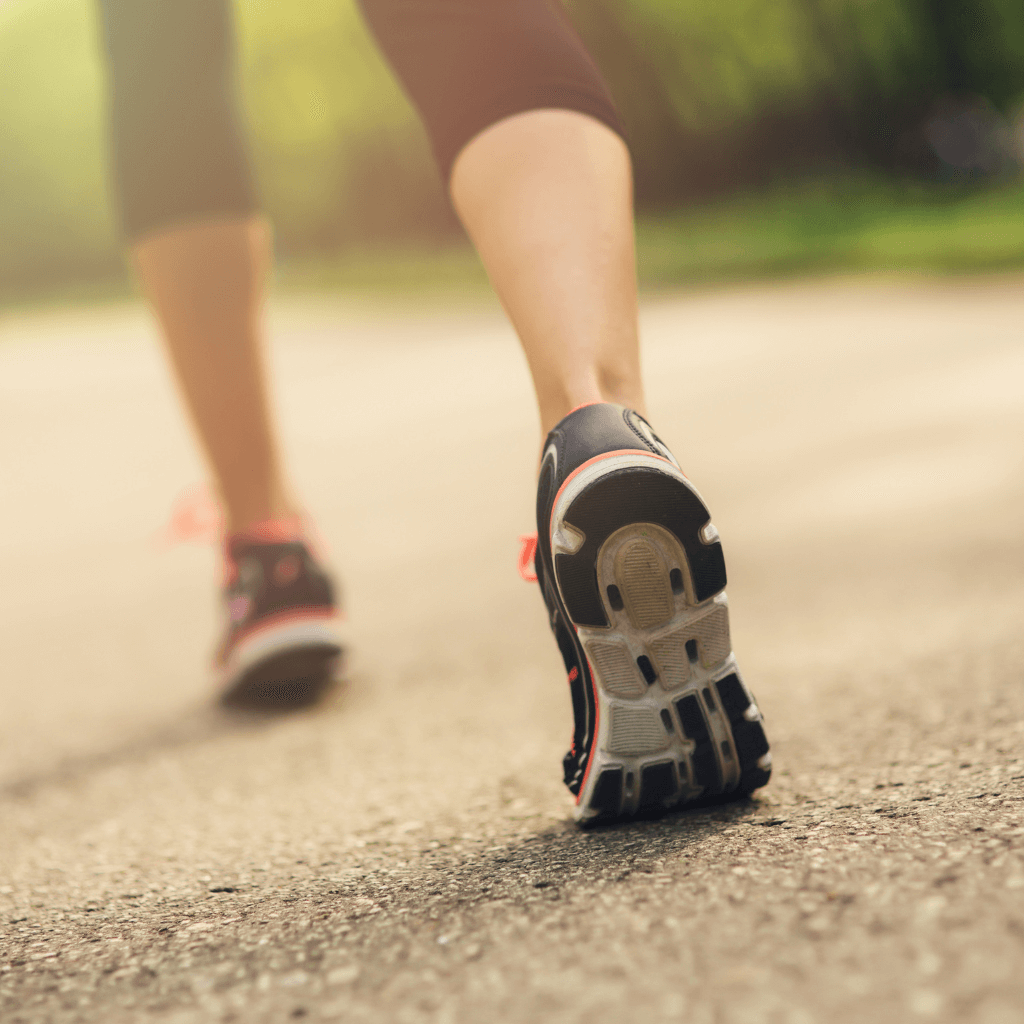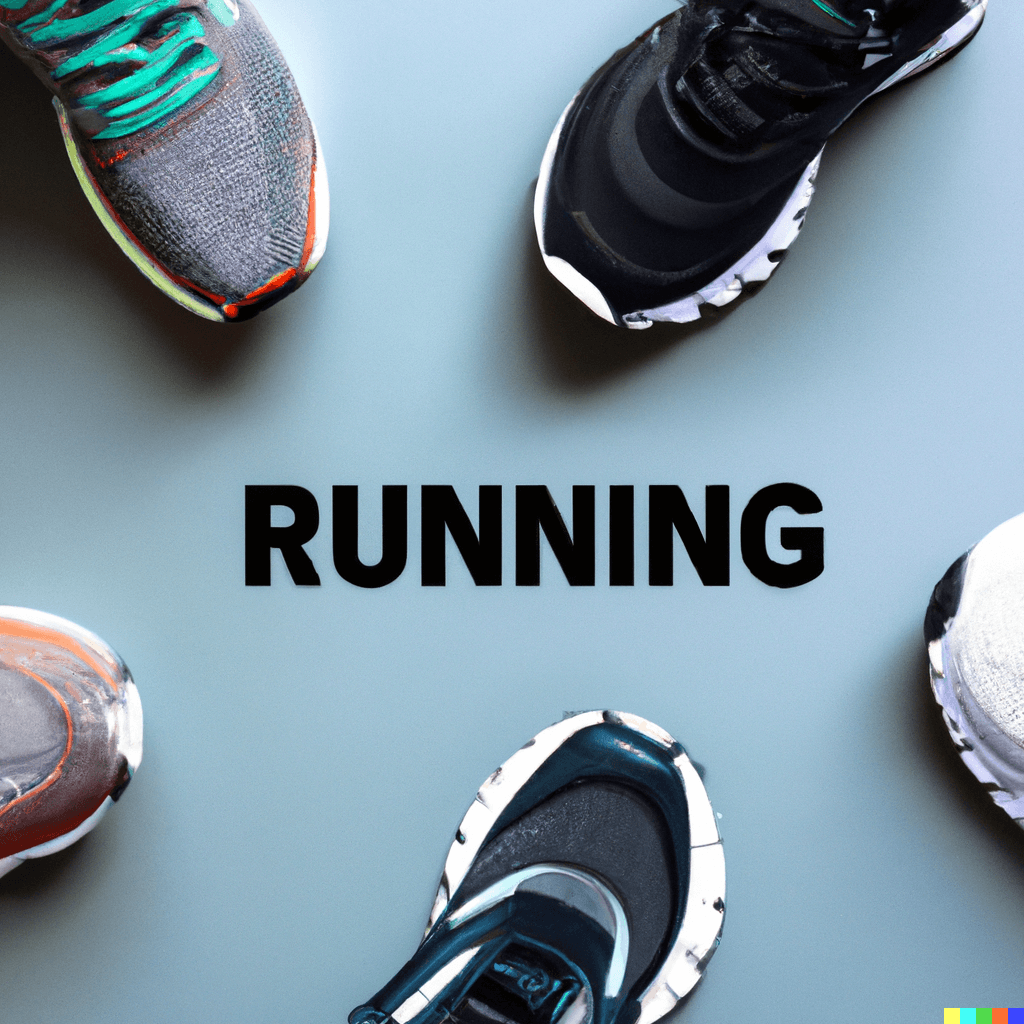
Running is not just a form of exercise; it's a way of life for many individuals who have discovered the joy and fulfillment that comes with pounding the pavement or hitting the trails. The rhythmic motion of your feet, the rush of adrenaline, and the sense of accomplishment after completing a challenging run are all part of what makes running so invigorating and rewarding.
Whether you're a dedicated marathoner training for your next race or someone who enjoys a leisurely jog to clear your mind, one thing remains constant: hydration is a critical component of your running routine. When you lace up your running shoes and embark on a long run, your body undergoes a series of physiological changes, including increased sweating to regulate body temperature and expel heat.
As you work up a sweat, your body loses significant amounts of water, electrolytes, and essential minerals. If you fail to replenish these fluids and nutrients, dehydration can set in, leading to a decline in performance, diminished endurance, and increased risk of injuries and other health complications. Therefore, proper hydration is not just a suggestion; it's an absolute necessity.
In this article, we will delve deep into the importance of staying hydrated during long runs and provide you with valuable tips to ensure you maintain optimal hydration levels and perform at your best. So, whether you're gearing up for your first half-marathon or preparing for a challenging trail run, read on to discover how you can conquer the miles with confidence and stay properly hydrated every step of the way.
The Significance of Hydration for Runners
Hydration is not simply about quenching your thirst; it is a fundamental aspect of maintaining overall health, enhancing performance, and preventing dehydration-related issues. Adequate hydration offers a range of benefits for runners:
- Optimized Performance: Proper hydration supports optimal physiological function, enabling your body to efficiently transport oxygen and nutrients to your muscles. This, in turn, enhances your running performance, allowing you to sustain energy levels and endurance.
- Regulation of Body Temperature: Sweating is the body's natural mechanism for cooling down during exercise. Adequate hydration ensures that your body can effectively regulate its temperature, reducing the risk of overheating and heat-related illnesses.
- Muscle Function and Recovery: Hydration plays a vital role in maintaining proper muscle function, reducing the likelihood of cramps, spasms, and fatigue. Additionally, staying hydrated supports muscle recovery by facilitating nutrient delivery and waste removal.
- Mental Focus and Alertness: Dehydration can impact cognitive function, leading to decreased concentration, decision-making abilities, and coordination. By staying properly hydrated, you can maintain mental clarity and focus, enhancing your running experience.
- Overall Well-being: Hydration is essential for your overall well-being, as it supports vital bodily functions, including digestion, circulation, and joint lubrication. Proper hydration also helps prevent the onset of fatigue, headaches, and other dehydration-related symptoms.
Given the significance of hydration for runners, it is crucial to prioritize fluid intake, particularly during long runs. By adopting effective hydration strategies, you can ensure that your body remains properly hydrated, helping you achieve your running goals while minimizing the risk of dehydration and related issues.

Hydration Tips for Long Runs
1. Pre-hydrate
Start hydrating well before your run to ensure you begin properly hydrated. Drink 16-20 ounces (473-591 mL) of water or a sports drink 2-3 hours before your run. This helps to ensure that your body is adequately hydrated before you even start running.
2. Carry Fluids
For longer runs, it's crucial to carry fluids with you. Invest in a comfortable hydration belt, handheld water bottle, or a hydration backpack. These accessories allow you to conveniently carry water or sports drinks, ensuring hydration is readily accessible during your run.
3. Drink on a Schedule
Set a hydration schedule and aim to take small sips of fluid every 15-20 minutes during your run. This helps to maintain a consistent hydration level and prevents excessive fluid intake at once, which can lead to discomfort.
4. Electrolyte Replacement
During longer runs, it's essential to replenish electrolytes that are lost through sweat. Electrolytes, such as sodium, potassium, and magnesium, play a vital role in maintaining proper hydration and muscle function. Consider using electrolyte-enhanced sports drinks or electrolyte tablets to replenish these crucial minerals.
5. Monitor Urine Color
Keep an eye on the color of your urine as a general indicator of hydration status. Clear to pale yellow urine usually indicates proper hydration, while dark yellow urine suggests dehydration. Aim for light-colored urine throughout the day, including before and after your run.
6. Hydrate After Your Run
Don't forget to hydrate after your run to aid in recovery and replenish fluid lost during exercise. Drink 16-24 ounces (473-710 mL) of water or a recovery drink within 30 minutes of finishing your run.
Hydration Products for Runners
Here are some popular hydration products that can help runners stay properly hydrated:
CamelBak
CamelBak offers a range of hydration backpacks and water bottles designed for active individuals. Their products are lightweight, comfortable to wear, and feature convenient hydration systems, making it easy to drink on the go.
Nathan Sports
Nathan Sports provides a variety of hydration solutions for runners, including handheld water bottles, hydration belts, and running vests. Their products are known for their ergonomic designs and practical features.
GU Energy
GU Energy offers electrolyte-enhanced sports drinks and gels that provide hydration and fuel for endurance activities. Their products are formulated to replenish electrolytes and provide sustained energy during long runs.
Hydralyte
Hydralyte produces electrolyte powders and tablets designed to combat dehydration and replenish essential minerals. Their products are easily portable and convenient for runners.
give me just a longer conclusionConclusion
Staying properly hydrated is essential for runners, especially during long runs when fluid loss is significant. By following these hydration tips, you can ensure that you stay hydrated, maintain your performance, and prevent dehydration-related complications. Remember to pre-hydrate, carry fluids with you, drink on a schedule, replenish electrolytes, monitor urine color, and hydrate after your run. Additionally, consider using hydration products specifically designed for runners to enhance your hydration strategy.
Remember, hydration is not a one-time fix but an ongoing practice that should be integrated into your daily routine. Prioritize your hydration needs, listen to your body, and adjust your fluid intake based on weather conditions, intensity of exercise, and personal factors. By making hydration a priority, you can enjoy your long runs with optimal performance, improved endurance, and reduced risk of fatigue or dehydration-related complications.
So, tie your running shoes, grab your water bottle, and hit the road with confidence, knowing that you have the knowledge and tools to stay properly hydrated and conquer those long runs!


